AFROSON1C X launches in Accra ahead of 2026 festival
Ahead of its Ghana debut in January 2026, the organisers of AFROSON1C X, promoted as West Africa’s first music showcase festival and industry conference, held the AFROSON1C X Brunch for artists and industry professionals in Accra on Saturday, 14 December.
 AFROSON1C X, promoted as West Africa’s first music trade event is set to debut in Accra in January 2026. Photo: Jhey Too Cool
AFROSON1C X, promoted as West Africa’s first music trade event is set to debut in Accra in January 2026. Photo: Jhey Too Cool
“We will congregate the world’s music industry here to showcase the talent that West Africa holds to bring the funding, the support, and the investment that this part of the world needs in the creative arts,” AFROSON1C X founders Tom Russell and Y’akoto disclosed to Music In Africa after the mixer. “There’s an abundance of talent like I’ve never seen before. There is a music scene here that is unparalleled. The talent is here, the artistry is here, the creativity is here. I want to bring the infrastructure in to assist in building that onto a global stage.”
Veteran sound engineer and producer Kofi ‘IamBeatMenace’ Boachie-Ansah noted that the festival will fill the widening disconnect between African industry practitioners and the stakeholders needed to create a sustainable music ecosystem. “AFROSON1C X is supposed to be a showcase festival that brings back the focus into the space and connects international professionals with local ones,” Boachie-Ansah said.
This goal is particularly relevant in light of African music’s ongoing global renaissance. According to the International Federation of the Phonographic Industry’s (IFPI’s) 2024 Global Music Report, sub-Saharan Africa was the only region to surpass 20% growth as revenues climbed by 24.7%, fuelled by gains in paid streaming revenues (+24.5%). The region was also the fastest-growing region in 2022 after posting a 34.7% increase. However, in Boachie-Ansah’s observation, the beneficiaries of this success are often not from Africa. “The global popularity of African music benefits people outside of the continent. AFROSON1C X aims to correct that imbalance,” he noted. The initiative is also focused on artist development, with plans to create incubators and workshops that will help local talent meet international standards and access global stages.
Touching on organisers’ intention with the brunch, Russell spoke about the need for open dialogue facilitating discussions on issues they’re facing in the industry and working out how to solve them together. “Unity is something that is going to help grow the scene, particularly in West Africa,” he said.
Boachie-Ansah added that the brunch served as a gathering for the entire gamut of the music industry and ancillary industries in the hope of working together as a singular force to champion the advancement of the industry.
Among notable issues discussed during the event include the need for supportive government policies, a united front within the industry, a return to traditional sounds like highlife, stronger advocacy, upgrading production quality to meet international standards, and a focus on artist development.
Creative consultant and strategist Ian ‘Priceless’ Otchere Ian, among industry experts present at the brunch, said he was excited about the possibilities that AFROSON1C X brings to Ghana and the broader West African music scene, emphasising the lack of platforms in the region that focus on the music industry, particularly in Ghana, and how AFROSON1C X represents a major step in building these critical spaces. “I want to see all the proposed ideas and stages come to life, and hopefully, Ghana’s entertainment industry can take off from here.”
Music journalist Emmanuel ‘Olele Salvador’ Kwame Sarpong, too, expressed his excitement about the initiative, noting, “We are entering a stage where the world is now seeing Africa as an untapped market, and they need to look to Africa for influence and to experience the amazing things happening within this community. So, I look forward to supporting this new venture and, hopefully, working with others here to make it bigger than it is.”
On his part, copyright expert and Ghana Music Alliance president Seven Xavier noted that while everyone agrees on the need for unity, achieving this collective action remains a significant hurdle. “Most people are not willing to be part of a collective,” he lamented. “Even when they agree to do something, they often run away when it’s time to take action.”
Broadcaster Lerny Lomotey called for more industry exposure for underground and alternative artists.
Kenneth Owusu-Akyaw, founder of the Ghud Music platform, which offers music services as well as monitoring and analysis tools, emphasised the need for a sustainable music business model that nurtures talent from the ground up. “There is so much talent here,” he said. “From music production to management, we have the creativity, fashion, and marketing – everything. What we need is a business model that works.”
Singer-songwriter Ria Boss, co-founder of Ria Boss Open Mic, praised the AFROSON1C X brunch, touting its significance in uniting key players from across the music industry and stressing the importance of cross-disciplinary collaboration in driving collective success.
Philip Acheampong, a legal consultant for creatives, emphasised the importance of collaboration. “It’s not just about artists featuring artists; it’s about artists working with lawyers, artists working with PR professionals, and artists working with stylists. That’s true collaboration. You can’t exclude non-musical people from the process. Artists create music and release it, but then when they realise they need to clear it, they contact a lawyer. But that shouldn’t be the process. The proper approach should be to seek legal counsel from the start – when you’re making the music and preparing to release it. Otherwise, your song could end up being taken down. I believe the new age of collaboration should follow this model so that we can achieve steady growth. Music is now for global consumption, not just for Ghana. Therefore, we must ensure that we’re doing things the way the West is doing them, so our artists can also be heard.”
Software engineer Solomon Appier-Sign, best known as co-founder of tech start-up Qisimah, which monitors radio/ TV airplay and delivers analytics to various stakeholders of the music industry, said: “These conversations are important, but there must be follow-up. Without it, it’s just another seminar. I hope this event becomes something with a long-lasting impact that drives real change.”
“I believe what truly moves any relationship forward, whether in music or business, is people meeting face-to-face, feeling each other’s energy, and connecting in person,” Ghanaian musician and activist Wanlov the Kubolor said. “Everyone talks about the potential and talent, but programmes like this are about more than just that. We’ve heard people discuss the quality of production, the importance of knowing stagecraft, and the technical aspects like creating a rider. The knowledge base is key, and some of the artists here are already well-established, particularly in Ghana. If I want to succeed in this local market, there are artists and producers I can collaborate with to help navigate the local scene.
“At the same time, others are looking to take their careers internationally. I’ve been sharing information about booking agents and offering my contacts, so they can access those opportunities as well. There’s a real exchange of ideas and resources happening here. This is the kind of networking that fosters growth, and I’m excited to be a part of it.”



























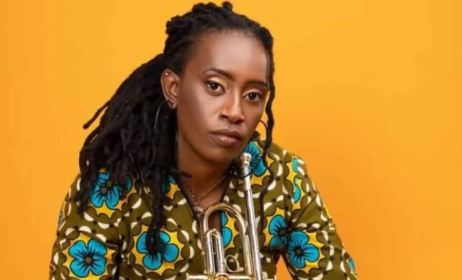
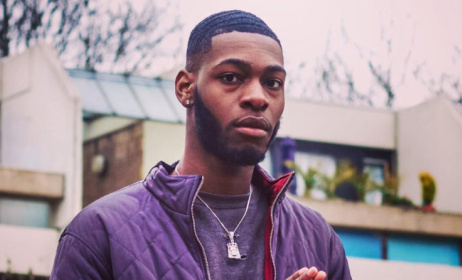
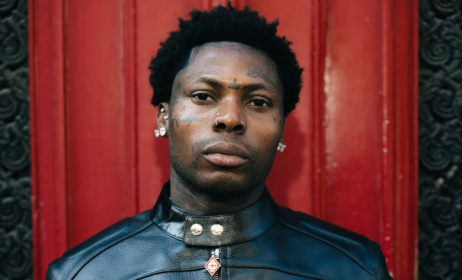
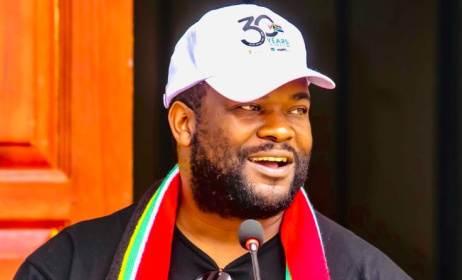
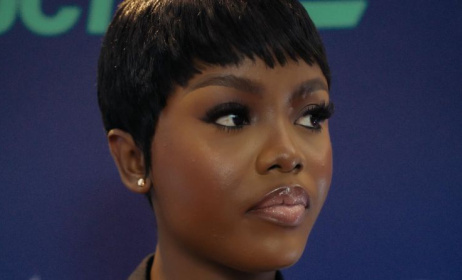

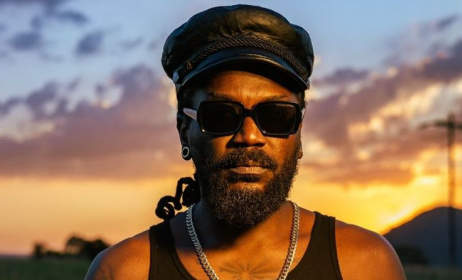
Comments
Log in or register to post comments